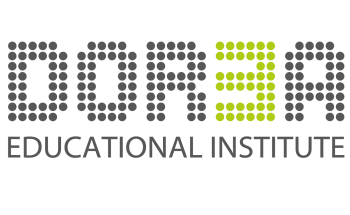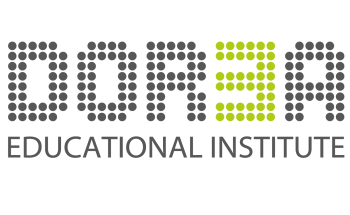
Navigating Challenges: Nurturing Resilience and Effective Crisis Response in Education
In times of crisis, educational settings and educators play a vital and irreplaceable role in safeguarding the mental health and well-being of students. Schools serve as not only centres of academic growth but also as emotional anchors for children and adolescents. Educators, with their close and often long-term relationships with students, become trusted sources of stability and support.
Description
In times of crisis, educational settings and educators play a vital and irreplaceable role in safeguarding the mental health and well-being of students. Schools serve as not only centres of academic growth but also as emotional anchors for children and adolescents. Educators, with their close and often long-term relationships with students, become trusted sources of stability and support. During a crisis, whether it's a natural disaster, a community tragedy, or a global pandemic, the routines and connections established within educational settings become a lifeline for students.
Educators are uniquely positioned to recognize signs of distress, provide a listening ear, and offer guidance, all of which are crucial for students grappling with anxiety, fear, or uncertainty. Moreover, they can impart essential life skills, including resilience, problem-solving, and coping strategies, which are invaluable in times of adversity. The importance of educational settings and educators in nurturin
Learning objectives
The overall aim of this training is to provide participants with practical and actionable strategies to manage crises and emergencies, collaborate effectively with colleagues, and support student mental health in times of crisis. By the end of the training, participants will have the knowledge and skills they need to respond to a range of crises and emergencies in a timely and effective manner while promoting resilience and supporting the mental health of students.
Specific objectives of the training are:
- Equip participants with the knowledge and skills necessary to handle crises, emergencies, and support students' mental health effectively.
- Foster a safe and supportive learning environment that promotes the mental health and well-being of students
- Provide participants with the tools to recognize signs of distress, develop crisis response plans, and effectively manage crisis situations
- Educate participants on mental health awareness and reduce the stigma surrounding mental health issues
Methodology & assessment
Through a combination of theory and hands-on activities, teachers will discover effective strategies to manage crises and emergencies, collaborate effectively with colleagues, and support student mental health in times of crisis.
Methods such as debate, pair and group work, and individual practical exercises will be used throughout the course.
After the training course, attention will be given to how to implement the findings and skills in real daily working situations.
Materials, digital tools & other learning resources
To ensure a comprehensive and practical learning experience, this training programme will incorporate a range of materials and resources designed to support educators in crisis response, mental health awareness, and resilience-building strategies. Participants will have access to:
- Interactive Presentations and Handouts: Detailed handouts and visual aids will cover topics such as resilience, mental health awareness, crisis response planning, and self-care techniques for educators.
- Digital Crisis Management Tools: Introduction to software and online platforms for crisis communication, emergency planning, and student support resources.
- Mental Health and SEL Toolkits: A set of resources containing activities, exercises, and worksheets focused on social-emotional learning (SEL), stress management, and resilience-building practices tailored for educational settings.
- Case Studies and Scenario-Based Exercises: Real-life case studies and scenarios will provide practical insights into crisis management and allow participants to practice response strategies in a safe, guided environment.
- Self-Assessment and Reflection Tools: Digital tools for self-assessment, reflection exercises, and resilience measurement to help participants gauge their learning progress and personal growth throughout the training.
Certification details
- Certificate of attendance
- Certificate of obtained competencies
- Europass mobility certificate
Pricing, packages and other information
-
Price:450Euro
-
Course package content:
- Course fee and training material
- Certificate of Competence
- Welcome dinner
- Administration costs
- Coffee Breaks
- Cultural visit
-
Additional information:Description of the services and activities included in the course package (such as accommodation, meals, transport) or available at extra cost.
-
Cancellation & changes:
DOREA EDUCATIONAL INSTITUTE registration, cancellation/ rescheduling and refund policy can be found here: https://dorea.org/registration-cancellation-rescheduling-and-refund-policy/
-
Additional information:The options and conditions for change and cancellation, and the policy in case of unforeseen circumstances (force majeure).
Additional information
-
Language:English
-
Target audience ISCED:Lower secondary education (ISCED 2)Upper secondary education (ISCED 3)Post-secondary non-tertiary education (ISCED 4)
-
Target audience type:TeacherSchool PsychologistHigher education institution staff
-
Learning time:20-25 hours
Upcoming sessions
Past sessions
More courses by this organiser

Promoting STEAM Education through Teacher Training

Towards E-learning: Online Course Development


